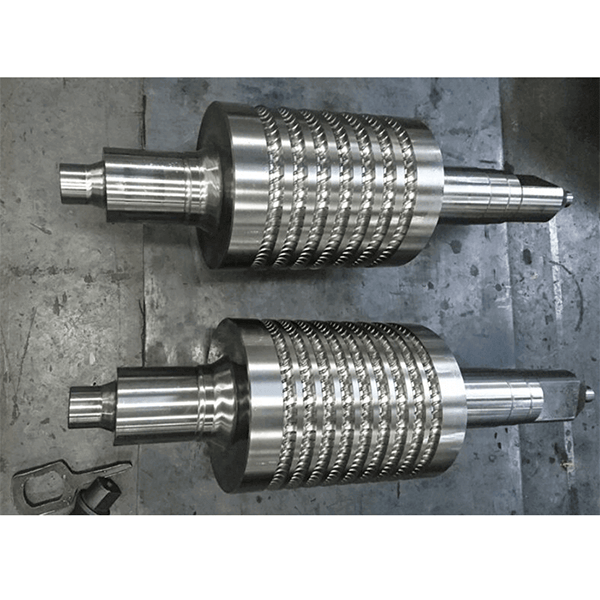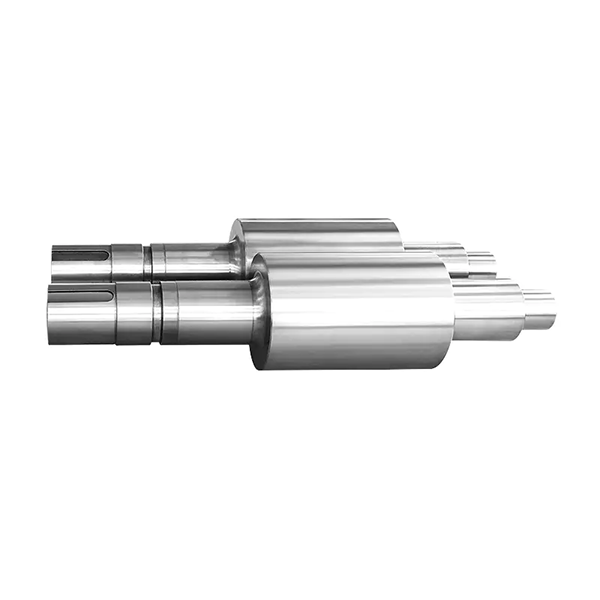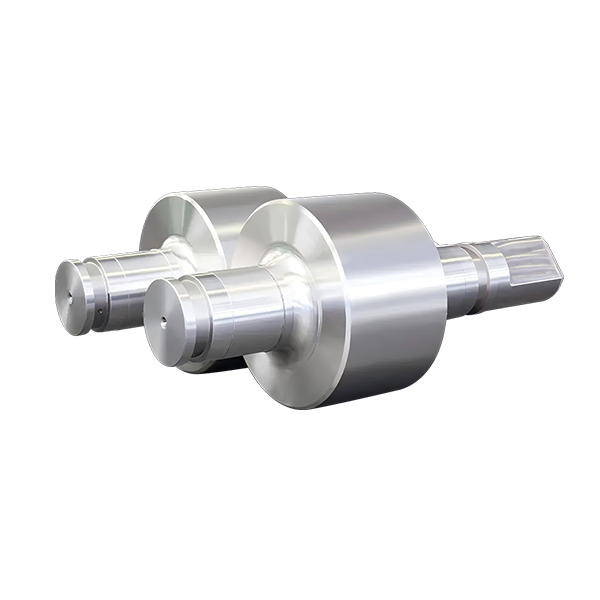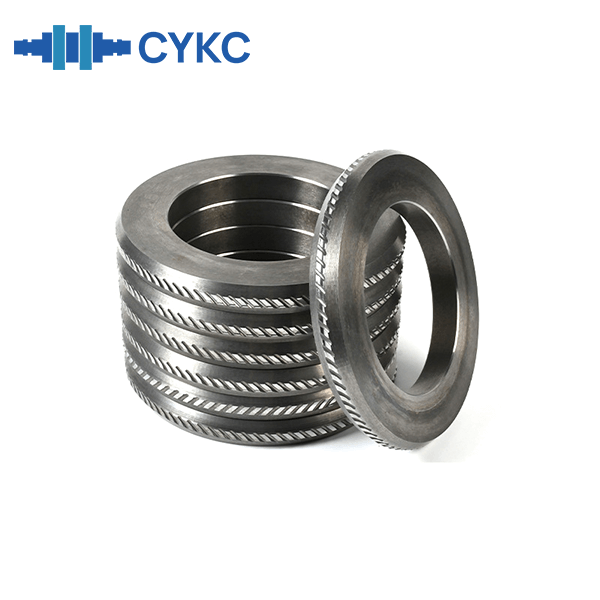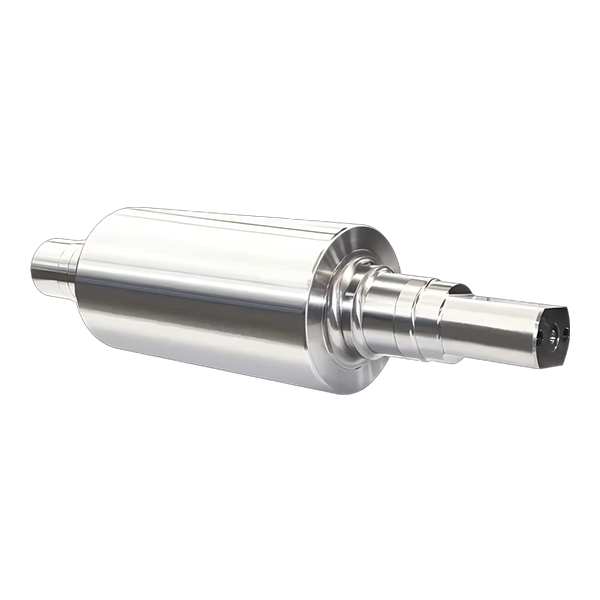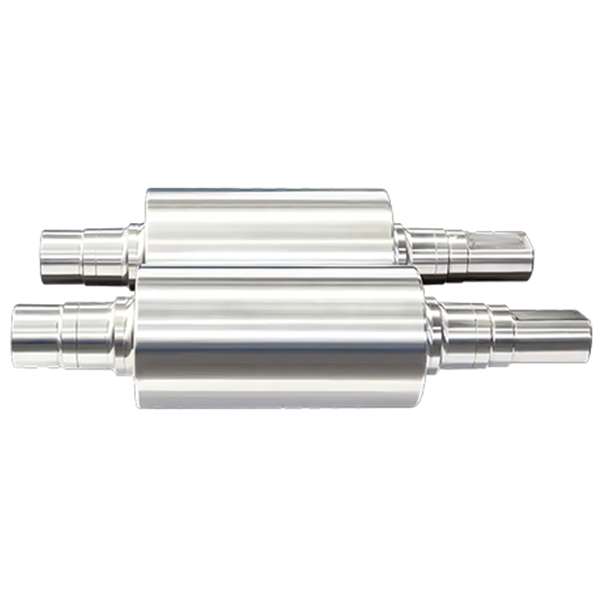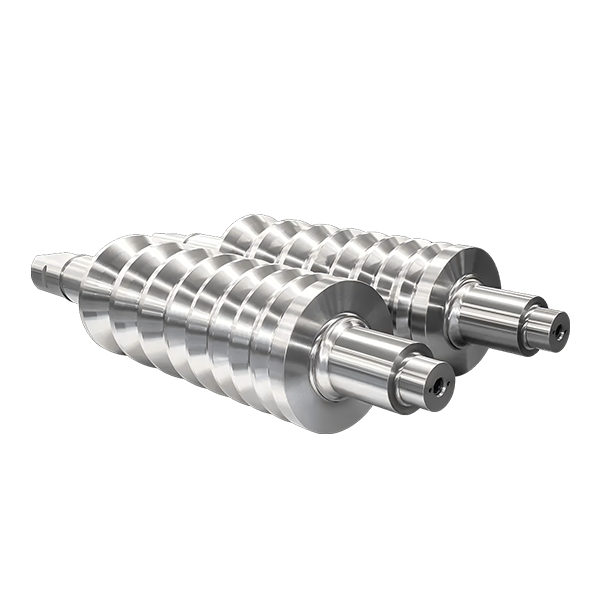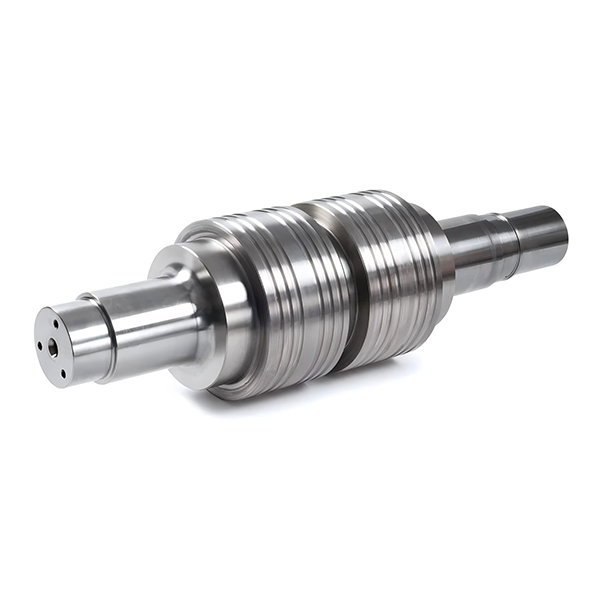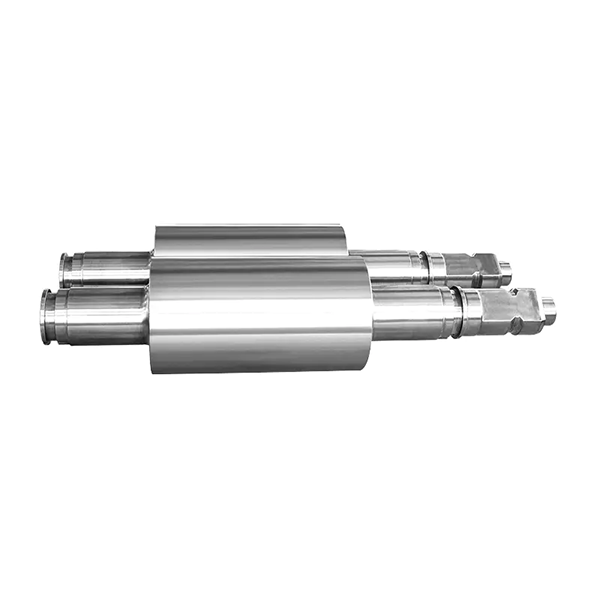Selection of working roll material
Working rolls at the front of rough rolling (R1): Working rolls at the front of rough rolling must have strong toughness, wear resistance and thermal cracking resistance. The hardness range is about HS40-55. Rolls made of 60CrNiMo cast steel and other materials are generally selected.
Working rolls at the back of rough rolling (R2): Working rolls at the back of rough rolling require materials with good thermal cracking resistance. Materials such as semi-steel, high chromium steel, and high-speed steel are generally selected.
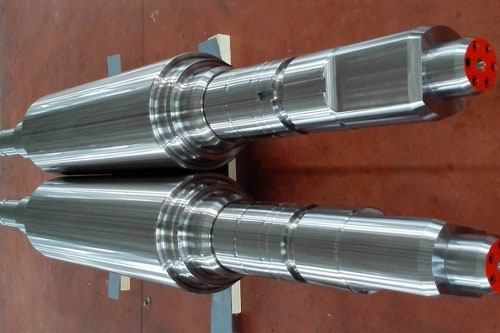
Working rolls at the front of finishing rolling (F1-4): Working rolls at the front of finishing rolling have high temperatures and large loads. Materials such as cast semi-steel and high-chromium centrifugal composite cast iron are generally selected. High-chromium centrifugal composite cast iron has high roll surface wear resistance and thermal cracking resistance, and can suppress roll surface spot defects.
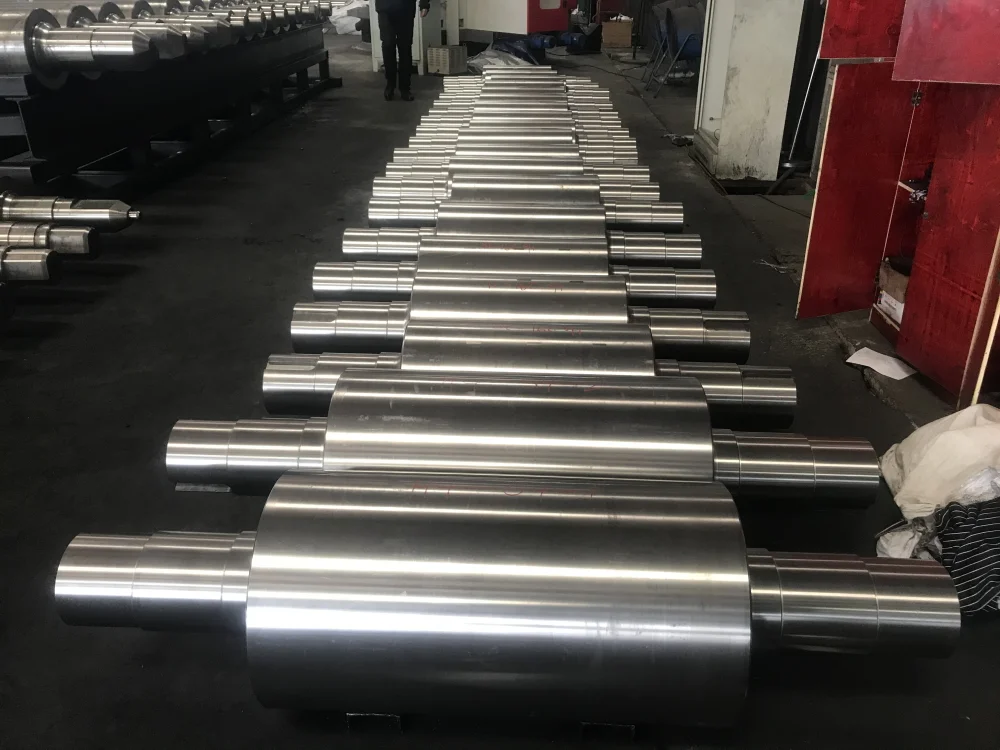
Working rolls at the back of finishing rolling (F5-7): Working rolls at the back of finishing rolling are used in the final stage of rolling, which has a very important impact on product quality and surface state. The performance requirements for the rolling rolls are mainly high hardness, wear resistance, indentation resistance, peeling resistance and thermal crack resistance. Generally, materials such as infinitely cold cast iron (ordinary type, improved type) are selected.
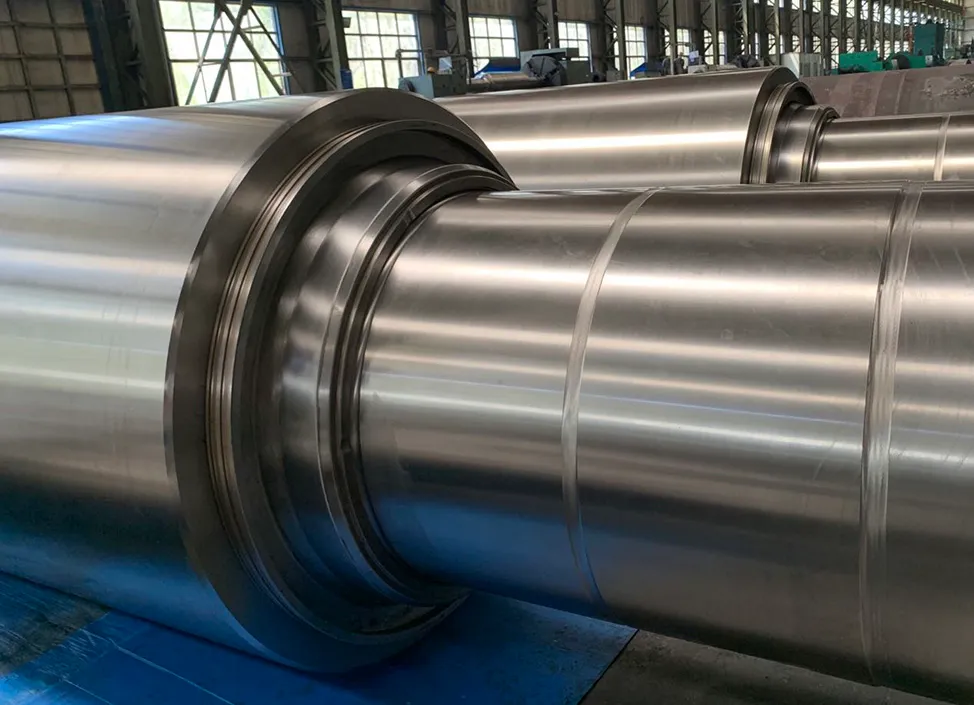
Selection of materials for support rolls and vertical rolls
Both the support rolls for rough rolling and the support rolls for finishing rolling are required to have good thermal crack resistance, wear resistance, fatigue resistance and high strength. In terms of materials, composite cast steel, alloy forged steel (Cr3, Cr5) and other materials are generally selected.


